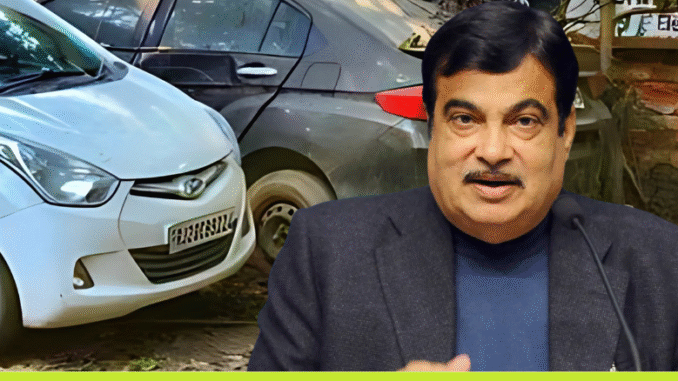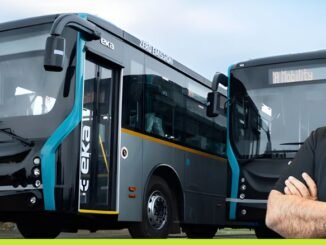
Union Transport Minister Nitin Gadkari has highlighted the enormous economic and environmental potential of India’s Vehicle Scrappage Policy, positioning it as a cornerstone of the nation’s green mobility transition. Speaking at the ACMA Annual Session 2025, he revealed that scrapping all 97 lakh unfit and polluting vehicles could generate up to ₹40,000 crore in GST revenue while creating nearly 70 lakh jobs.
Progress So Far
As of August 2025, India has scrapped around 3 lakh vehicles, including 1.41 lakh government-owned vehicles. The scrappage effort is being driven by private investments worth ₹2,700 crore, with an average of 16,830 vehicles retired each month under the Voluntary Vehicle Fleet Modernization Program (V-VMP).
Key provisions of the policy include:
- Fitness tests for commercial vehicles every 2 years until 8 years of age, then annually.
- Private vehicles undergo tests at 15 years, followed by every 5 years.
- Government vehicles are mandatorily retired after 15 years.
Economic and Industry Impact
Gadkari urged automakers to offer at least a 5% discount on new vehicle purchases against scrappage certificates. He noted that the policy could lower the cost of auto components by up to 25%, enhancing global competitiveness. With India’s auto market valued at ₹22.2 lakh crore, Gadkari expressed confidence that India could become the world’s No.1 automobile industry within 5 years, surpassing the US and China.
Environmental and Energy Benefits
The minister stressed that scrappage is not only about economic gains but also about curbing pollution and reducing India’s ₹7.22 lakh crore fossil fuel import bill. He emphasized ethanol blending as a pathway to energy independence, citing Brazil’s successful adoption of E27 fuel blends.
Road Safety Link
Highlighting road safety, Gadkari pointed out that modernizing India’s vehicle fleet could reduce accidents, with 5 lakh crashes and 1.8 lakh deaths recorded in 2023, most involving youth aged 18–34.
India’s vehicle scrappage program is thus positioned as a triple win—economic growth, cleaner environment, and safer roads.





